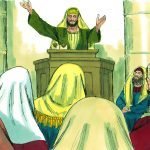
Chapter 9 – Discovering Christ Church – Pastor Lawrie Cottam: Farmer, Sailor, Preacher
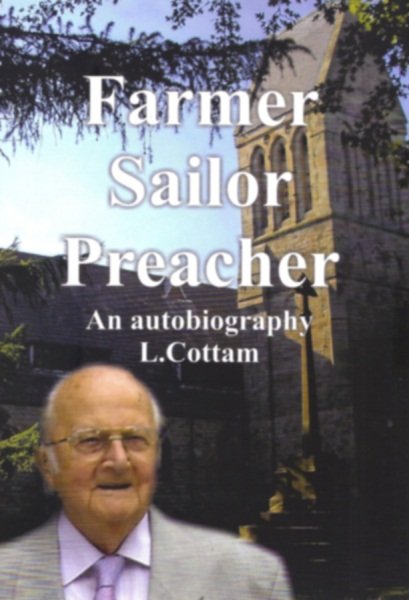
My house on Station Road, Swinton was right next door to the rugby club house, frequented by some doubtful characters. We had trouble from these few rogues, so one night I reluctantly called the police to settle some disorder. As I stood talking to the police officer, who by the way came from Bolton, he said, “If I was you, with four daughters, I’d buy myself a good working German Shepherd dog. I asked him if he knew where I could get such a dog and he told me that on the outskirts of Bolton there lived a man who was a prisoner in Germany, during the war. This man had married the daughter of a German man, who was a judge of working German shepherd dogs. These are not show dogs. They can herd ducks as well as sheep.
So, I got the address and Rhoda and I went to Bolton. Rhoda just stood and one of the pups left the mother and came straight to Rhoda. It was black and gold. Rhoda said, “I’ll have this one.” It cost me a fair price, but it was a beauty. We called it Guida, after my Granddad’s dog. Remember Granddad Miller, the shepherd. Each day I would take it for a run on the rugby training field.
One day I was on the field, kneeling on a plastic sheet and combing Guida’s hair, when a very strange man came and stood over me and started shouting, “Get that mangy dog off my field! I’ve been coming on here for years. Get off this field!” I thought the man was mentally deficient, so decided I would not argue with him.
I hurriedly picked up the plastic sheet and walked quickly off the field.
Then I realised I’d not used my usual entrance, but was now standing in Fraser Street. I started to walk down the street; turning to take what I thought might be a short cut into Pendlebury Road. As I entered the grave yard, I looked up and there in front of me was the very stone built gable end I had seen in my vision at Buxton, 16 years previously. I just stood and looked. It was the back of Christ Church, Pendlebury. I walked round the church.
As I was crossing the main front door, which was open, a man nearly threw a bucket of water over me. He said, “Sorry Mate. I’m bailing out. The roof’s half gone, you know.” I introduced myself to the man, who was the voluntary caretaker, called Fred Parker and I asked if I could have a quick look inside the church. He didn’t mind at all, saying that I could take the dog in too. Since they were flooded out anyway it would not make any difference.
I started asking Fred questions about the church and he told me that things were in a bad way. There was practically no congregation; only four old ladies, the church secretary and a resident minister, who lived next door in the church bungalow.
The main nave was flooded. There was no supply of water or gas. There was no toilet in the church either. Only the chancel was cleaned by the four ladies, who brought their cleaning water in plastic bottles on the bus from Clifton.
I got the phone number of the Anglican minister. In this district it was Wilfred Gash, of Saint Ann’s parish, Clifton. So, I phoned Cannon Gash and introduced myself and told him that I was interested in buying Christ Church when it came on the market. He told me that they were currently in discussion concerning closing the church down, but that nothing had been decided yet.
A week later, I read an article in the local paper, written by the secretary of Christ Church. It went like this: ‘It will take a greater miracle than Jesus turning the water into wine at the marriage in Cana, of Galilee, than to restore Christ Church. There is no hope for a church in this area.’ She went on to describe the sad state of affairs.
I contacted Cannon Gash again and asked if I could visit him in his home. He agreed. During that visit, I told him of my vision in Buxton and my desire to buy Christ Church, fully restore it and run it as an open evangelical church. It would be open to anyone in the district, including any members of Christ Church. At first he did not know what to think of me. Later on he confessed that when he first met me he did not know whether I was crazy or a man of faith.
Well, a strange, but wonderful series of events took place; events that I believe no man orchestrated or designed. First, Cannon Gash confirmed the closure of Christ Church to be a fact. Secondly, the Anglicans would not sell it to Pentecostal people, so I requested a meeting with the Anglican officials. This took place in Saint Ann’s manse. After the meeting ended, I asked them permission to pray about the situation.
I just knelt down on the living room carpet and prayed a very simple prayer. First, I asked the Lord to bless the minister there, then I quoted the wisdom of Gamaliel, who said, “Brethren, we might find ourselves fighting against God. If this thing be of God, it will prosper. If it be of man, it will come to nought.” Then I said, goodbye and came away.
There followed a few weeks of silence, but I thought since I’d waited 16 years I’d have a bit more patience, but my faith was to be tested once again. It was Sunday dinner time. I went to the front door for a breath of fresh air. On the pavement was a group of men arguing over something. One man said, “We’ve got to get rid of the damned thing. We should never have bought it before we got permission.”
Now I did something entirely out of character. I went to these men and said, “Can I help you? What do you want to get rid of?” They glared at me, as if to say ‘mind your own business’, but one of them asked me who I was and I told him I was the pastor of the Pentecostal church in Clarendon Road. “What do you want to get rid of?” The man, who seemed more reasonable than the rest, said, “We dropped a clanger. We bought a wet canteen and the council flatly refuse us permission to put it up. It’s stacked on the outfield of our training ground, just near Christ Church.”
“Oh, you mean that stack of steel girders, chip board and glass frames etc. How much do you want for it?” I said.
“How much money have you got?” “I have £200.” He said, “£200? That’s only a fraction of what we paid for it. What do you want it for?”
I told him I was going to restore Christ Church and that having measured the girders, had found that they just fit into the church and would make a strong ceiling for the minor hall. One man turned down my offer straight away, but as I was turning away, the reasonable man said, “Hold on a minute. Give us a little time to discuss this.” So, I went back to my front door and stood on the step. After they had talked a little while, they beckoned me. I went to them. The leader said, “We will let you have all that material on these conditions; first that you only use it on Christ Church and that you don’t resell it for a profit, secondly it must be off the rugby ground within seven days. Finally, you must not use any vehicle on the rugby ground. You must not put one mark on that pitch. Do you understand?
I replied that I did understand and I repeated the conditions he had just declared, stating that we would adhere to each of them. We then shook hands. Apparently, the local council had been very severe with this rugby committee. As I went back into my house, I thought, “What on earth have I done? Where am I going to store all that material, especially those long, steel, lattice girders.”
I hadn’t even got any sign of buying Christ Church yet, but I had a strange, but wonderful assurance that everything was going to work out; that the Lord was going to do miracles for us. The following day, Monday, I was going through Swinton in my old estate car and on the main road some gas workers were struggling to get a damaged gas trolley into a skip. It had four wheels and a tubular frame. I suddenly had an idea. I jumped out of my car and said, “Can I have that trolley?”
They said, “Yes.” So, I dropped my rear seats down and made a cargo space and they put it into my car. Part of it was sticking out of the back, but I only had a short distance to go. I examined the trolley. The front axle wasn’t damaged. The wheels were set in very good roller bearings and the whole thing was bolted together, not welded. So, I just took the front axle off with the wheels and put the rest down the tip. I then set to and made a wooden platform truck, similar to the kin used by welders, for their equipment. Next, I had to find somewhere to put all this material.
Now, my son, Mark had just finished building a large workshop at the rear of my house. It covered the entire back garden, big enough for him to work round cars, when he was repairing them. It was high enough to lift an engine out of a car. When he came to my house that night, I asked if he would do me a favour and let me borrow his workshop for a while and he said, “Sure.” I told Mark I had bought a considerable amount of building materials to use in the Church, but that I did not know how long it would be before we got Christ Church, in fact the Anglicans had told me they wouldn’t sell to Pentecostal people.
I was convinced the Lord would keep his promise and fulfil the vision He gave me at Buxton. Mark looked at me for a moment and said, “It’s a good job I haven’t taken on any repairs. Yes, Dad, you can have the workshop for as long as it takes. I believe you will get Christ Church.” I just thanked him, but I was so proud of his faith in both me and the Lord.
Now, round the rugby field was an outstrip of land, where the spectators stood to watch the match. It was hard ground and the weather was dry. To cut a long story short, when the men assembled at Fraser Street that night, I said, “This is what we are going to do. You see all this material? We are going to carry what we can and push what we cannot carry, on this truck through that gap in the hedges. We will load it onto the wagon and take it to my house in Station Road, to store it in Mark’s new workshop. One man said, “There’s tons of stuff. Have you got permission to buy the Church?” I said, “No, but I will get permission.”
So, by faith this is what we did. Mark’s workshop was chock-a-block full. You could not get another piece of wood or steel inside it. The gates just closed. We had worked for three nights and we still had 14 long girders. I went home. On the Thursday I went down to the church to pray. As I pulled alongside the kerb, I realised that between the kerb and the council-owned pavement, was a concrete apron, about 12 feet wide and about 36 feet long. I had a bright idea to make two wooden frames with an open cradle in the middle. We would stack the girders inside them and when all 14 girders were safely installed, I would finish the centre wooden cradle off and they would all be safely stored. That is exactly what we did.
Church – when the Lord gives us the church. They are exactly the right size and type for the minor hall.” He asked me if I had Christ Church and I had to reply, “No. The Anglicans have had a meeting and they say they cannot sell an Anglican church to a group of Pentecostal people.”
He told me I was mad and he was very serious. Most of the assembly and all my family really believed we would get Christ Church. There were two people who had absolutely no faith at all. During the Tuesday night prayer meeting, I took out of my pocket a blue piece of scrap paper. I laid it on a small card table in the middle of the room and told the congregation that I had written on it a list of everything we would need when we got the church.
The list included:- a main sewer about 90 feet long, five toilets, one boiler room, one kitchen, new gas, water and electricity supplies, a flat for me to live in at the rear of the main building, a minor hall, a large games room upstairs, two rooms for counselling people, lots of sand, cement, bricks, slates and glass.
All the roofs needed repair. In fact the main church roof needed completely renewing on the west side. The small rooms at the rear needed to be re-slated. I asked that everyone who had faith to believe that the Lord would give us all these things should come out and lay hands on the piece of paper. Everyone came out. Those who could not reach the paper laid hands on the shoulder of the person in front of them. The man I mentioned earlier was not in the meeting.
We all prayed. One dear man, a rough diamond named Albert Oakes from Bury, prayed and said, “Lord, give him the lot. He deserves it.”
The Lord certainly answered Albert’s prayer. He not only gave us the lot, He also provided a lot of money to go along with the abundance of materials, which again were supplied to us in a unique manner.
One day the district council asked me to go, for a week, to the International Bible Training Institute, to sit and listen to a series of lectures given by overseas missionaries, at Burgess Hill College.
About the middle of the week, Phyllida, the secretary sent for me. I was wanted on the phone. It was Nancy. She was excited and said, “The Anglicans have had a meeting and decided to sell you Christ Church.” I was so thrilled. The week could not pass fast enough for me. When I came home, I went straight to Cannon Gash’s house. He said, “Lawrie, I’ve never known the Anglican church move so fast. They usually take ages to make a decision, but I’ve been given instructions to arrange for you to meet the Anglican redundant church officer, to fix a price for the church. How much money have you got?” “Not a penny,” I replied, “but the lower the price, the more we will be able to spend on the restoration. It will never be used for anything else other than an open church for all the people of Swinton, Pendlebury and Clifton.” Cannon Gash then asked me if £10,000 would be too much and I told him that would be fine.
I talked to Nancy and the children and put the idea to them that we would sell our home and spend the money on Christ Church. That would mean that when Nancy and I died, we would not have any money to give
On the Sunday morning, a man, a regular member of the church, who was always praying about having faith, challenged me. He asked rather fiercely, “What are all those girders doing stacked outside the church? They look a right mess.” I smiled and quietly said, “They are for Christ to our children. With one voice, they all said, “Go ahead; buy Christ Church. We are behind you 100% and will all help you to do it.”
They certainly kept their word. I do not want to mention names, for fear of leaving someone out, but everyone I knew and some I didn’t, who did not disclose their identity, helped me tremendously.
I have digressed a little, but during my meeting with Cannon Gash, I said to him, “Give me the keys to Christ Church now. I will move in tonight, with a camp bed and German shepherd dog and a Calor gas stove. I will be the resident caretaker of Christ Church under your jurisdiction. You will be my boss and I will put a stop to any further vandalism. Wilfred Gash looked at me and said, “What if it all falls through and you don’t get the church?”
I replied, “No one will lose by the church having a resident caretaker, at least they won’t set it on fire on bonfire night.” I had Widnes church in mind when I said that. Wilfred paused a little while and then said, “Would you mind if I gave you the keys to our bungalow which is next to the church? You could guard that as well, please.”
I got the keys, took Guida, a camp bed, stove, kettle and miniature Baby Belling electric knowing that there was one power point that worked. I also took along a cooker a hand lamp, some blankets, a plate and some cups and I moved in to Christ Church. It was about 5 o’clock on Saturday afternoon and Paul helped me in.
Then he went to have a look at the bungalow, since freezing temperatures for the night had been forecast. Paul got a hosepipe and connected it to the lowest point on the central heating boiler. He drained the water system off, to prevent the pipes and radiators freezing up. That night was bitter cold. I slept in a grey woollen track suit and my trainers.
When men came to steal the lead and the slates off the roof, I just turned Guida out and they scarpered, like frightened rabbits!
On the Monday, I went for fish and chips just close by the Church. I asked the proprietor of the chip shop to do me a favour by letting any trouble-makers that came into his shop know that the church had a new caretaker. He certainly did. He told them that an ex-commando tough guy, with a German shepherd guard dog was living permanently in Christ Church. I never had any trouble after that!
Now, the wall was broken down between the church and the church manse-the bungalow. So, I used to sleep in the church one night, then carry my gear in the dark and sleep in the bungalow. Any prospective trouble makers did not really know where I was.


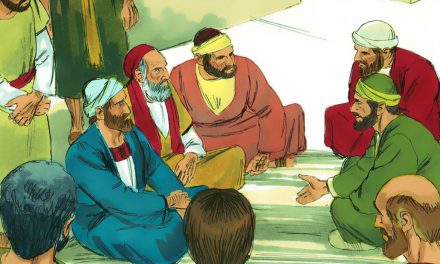

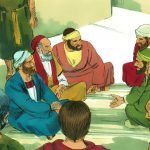
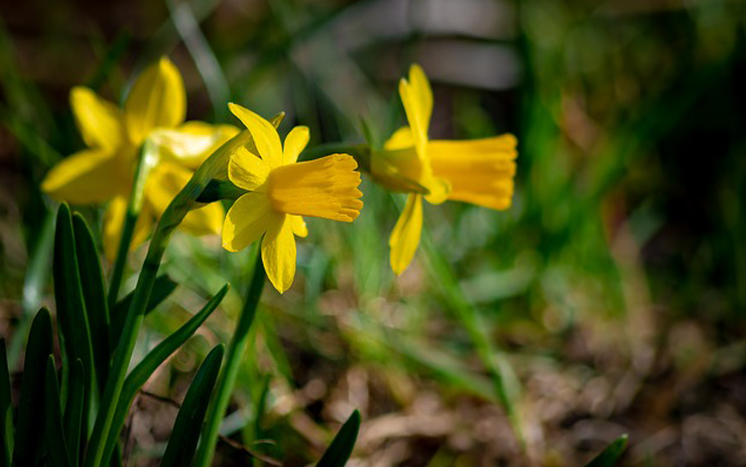
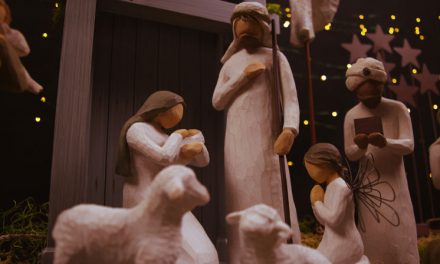



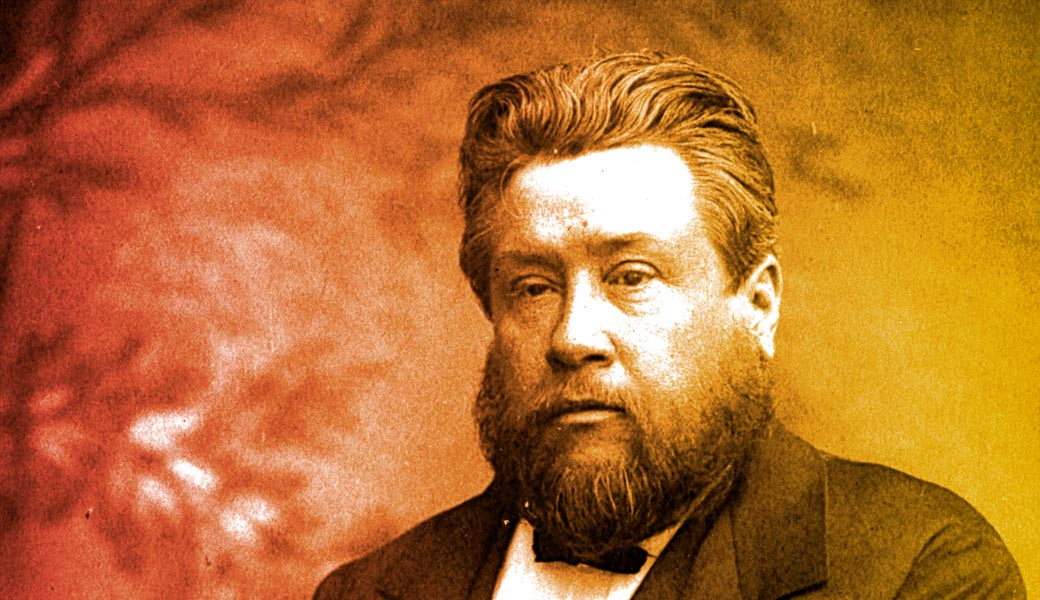

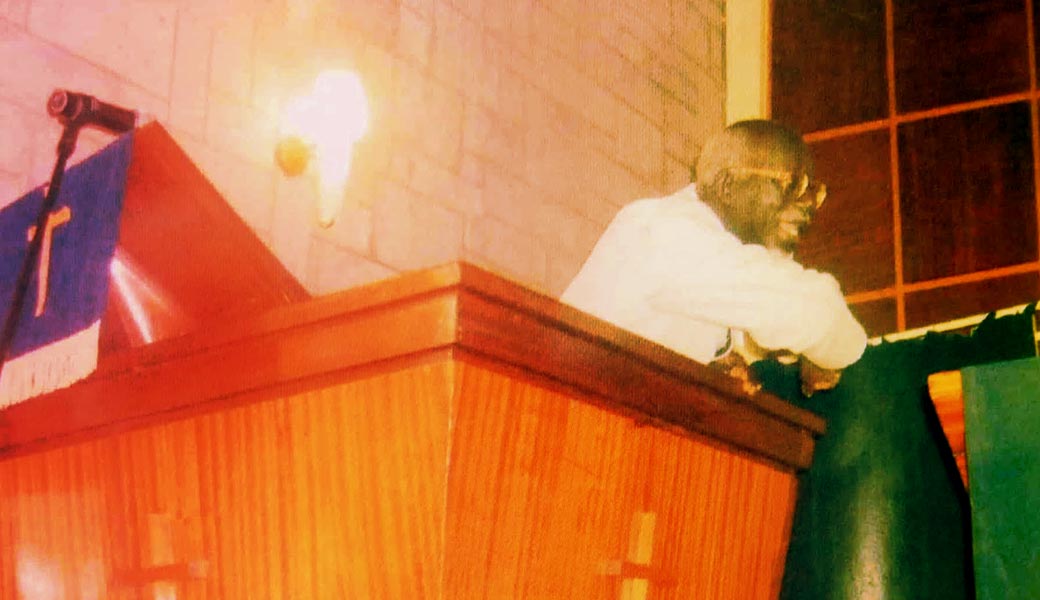


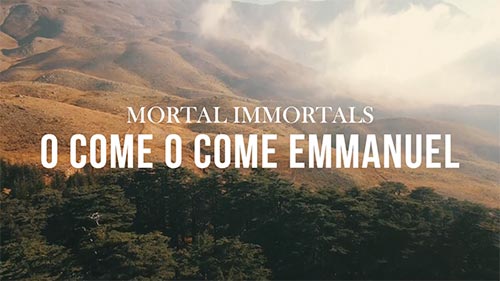
Recent Comments